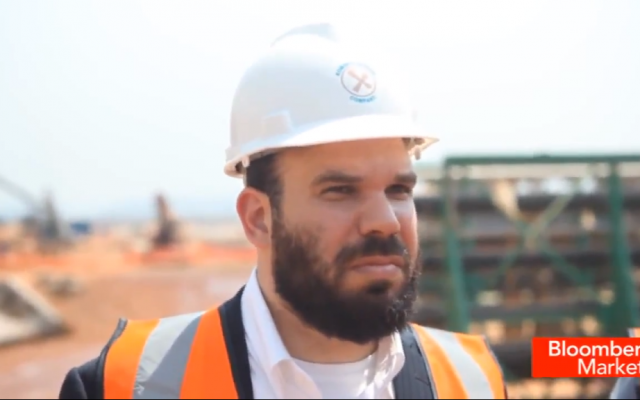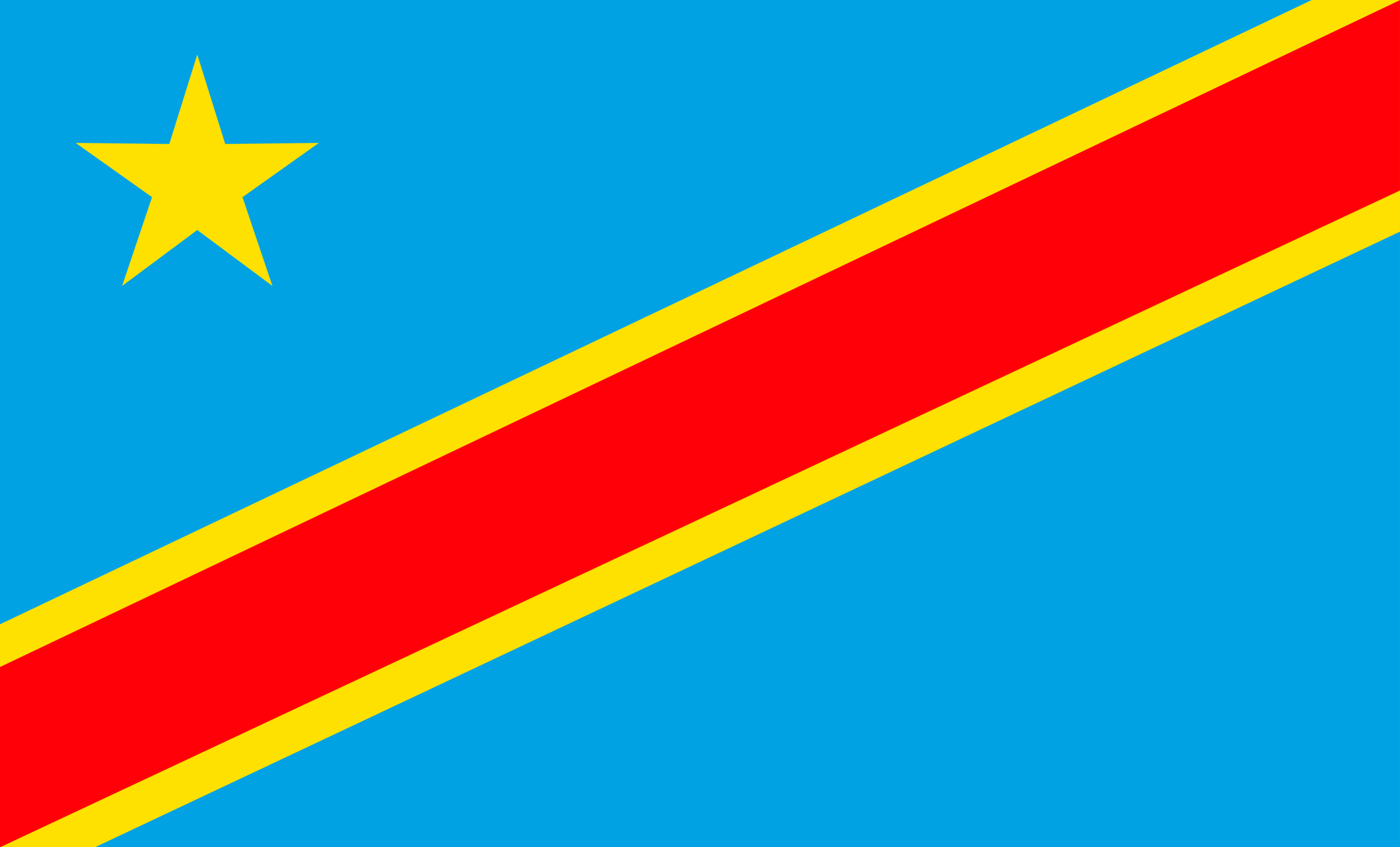
Dan Gertler and the Magnitsky Sanctions, Loopholes, State Sanctioned Violations, Trump, Guiliani and Billions
We have written and opined at great lengths about Dan Gertler, the mining tycoon sanctioned under the Magnitsky Act sanctions and the final gift from President Trump to Gertler, a lifting of those sanctions. Make no mistake, that lifting was unsurprising when coupled with the Guliani Ukraine affair. To those of us who followed the ever-changing political landscape in the DRC, the US’s unbridled support of an otherwise undemocratic election in the DRC, the securities’ firms that played a role in the movement of information, and the tail numbers of Gertler’s planes coupled with the travels of Trump’s personal attorney, Rudolph Guiliani, this political-financial network was foreseeable. It was our opinion then and now, that Guiliani was paid for his liaison services, which were blessed through a web of quasi-legitimate securities’ firms. Beyond that, in what capacity Guiliani was traveling to the Ukraine fairly regularly, and his labyrinthine ties to Ukraine at that time remain the subject of debate.
We have opined about the various loopholes and veritable crawl spaces that have allowed Gertler access to millions, if not billions of dollars, otherwise unavailable under the Magnitsky Sanctions Regime. Some of this money was allegedly owed to Gertler by Glencore. The “praise” bestowed upon Gertler by foreign diplomats is almost embarrassing, but may have been required to get cooperating countries on board with the payment scheme. The workaround was craftily organized by funneling money through a payment system of mazes to Gertler via a series of Euro-based workarounds which required the assistance of the Swiss banking network and US Government intervention. It is unlikely the Swiss would have been involved absent a very public statement by the US. It is our opinion that the loopholes were identified and manipulated by President Trump and, in our opinion, Rudolph Guiliani, Paul Manaford and others within the Trump orbit.
Whether or not we have it all perfectly figured out remains a job for those with far higher pay grades.
While Gertler claims all of his actions in the DRC have been above-board, we think that depends upon whose morality and ethics one is using as the exemplar upon which all else is measured. As we see the world, Gertler’s almost unforgivable use of underpaid members of the DRC to afford him unquantifiable wealth is not a paragon of the divine intervention of his religious system of beliefs. Moreover, Gertler’s willingness to manipulate financial systems such that banks, investment companies and frankly heads of states and countries made his acquisition of wealth all possible, is all the more unsettling.
Continue reading
